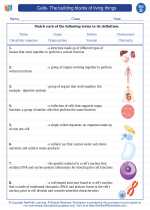Discussion: Understanding the Power of Communication
Discussion is a vital component of effective communication and learning. It involves the exchange of ideas, opinions, and information among individuals or a group of people. Engaging in discussions can lead to deeper understanding, critical thinking, and the exploration of different perspectives.
The Importance of Discussion
Discussion is important for the following reasons:
- Knowledge Sharing: It allows individuals to share their knowledge and experiences with others, leading to a collective understanding of a topic.
- Critical Thinking: Through discussion, individuals are prompted to analyze, evaluate, and form opinions about the information being shared.
- Collaboration: It fosters collaboration and teamwork, as participants work together to solve problems and come up with innovative solutions.
- Communication Skills: Engaging in discussions helps individuals improve their communication skills, including active listening, articulating thoughts, and expressing ideas clearly.
Guidelines for Effective Discussion
To ensure productive and meaningful discussions, consider the following guidelines:
- Active Participation: Encourage all participants to actively contribute to the discussion, ensuring that everyone has a chance to voice their opinions.
- Respectful Communication: Emphasize the importance of respectful and courteous communication, even when opinions differ.
- Open-Mindedness: Encourage open-mindedness and the consideration of different viewpoints, promoting a culture of inclusivity and diversity of thought.
- Listening Skills: Stress the importance of active listening, where participants pay attention to others' contributions and respond thoughtfully.
- Building on Ideas: Encourage participants to build on each other's ideas and thoughts, creating a collaborative environment where new insights can emerge.
Study Guide: Improving Discussion Skills
To enhance your discussion skills, consider the following study guide:
1. Active Listening Practice
Engage in activities that require active listening, such as summarizing others' points of view or participating in group discussions where listening is emphasized.
2. Constructive Feedback
Practice providing constructive feedback to others during discussions, focusing on both positive aspects and areas for improvement in their ideas.
3. Diverse Reading Material
Read a diverse range of materials to broaden your knowledge base, enabling you to contribute to discussions on various topics.
4. Role-Playing Scenarios
Engage in role-playing scenarios where you take on different perspectives, helping you understand and appreciate varying viewpoints in discussions.
5. Reflective Writing
Engage in reflective writing after discussions, analyzing your contributions, areas for improvement, and insights gained from the exchange of ideas.
[Discussion] Related Worksheets and Study Guides:
.◂Science Worksheets and Study Guides Fourth Grade. Cells- The building blocks of living things
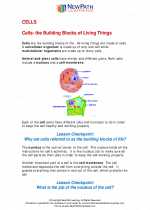
 Activity Lesson
Activity Lesson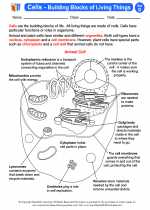
 Worksheet/Answer key
Worksheet/Answer key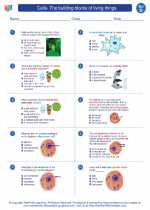
 Worksheet/Answer key
Worksheet/Answer key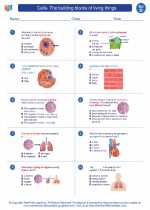
 Worksheet/Answer key
Worksheet/Answer key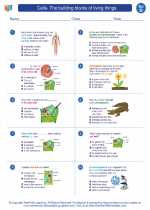
 Worksheet/Answer key
Worksheet/Answer key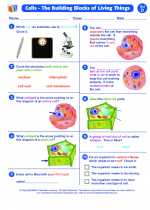
 Worksheet/Answer key
Worksheet/Answer key
 Vocabulary/Answer key
Vocabulary/Answer key
 Vocabulary/Answer key
Vocabulary/Answer key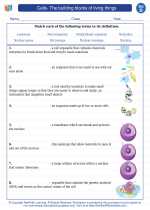
 Vocabulary/Answer key
Vocabulary/Answer key